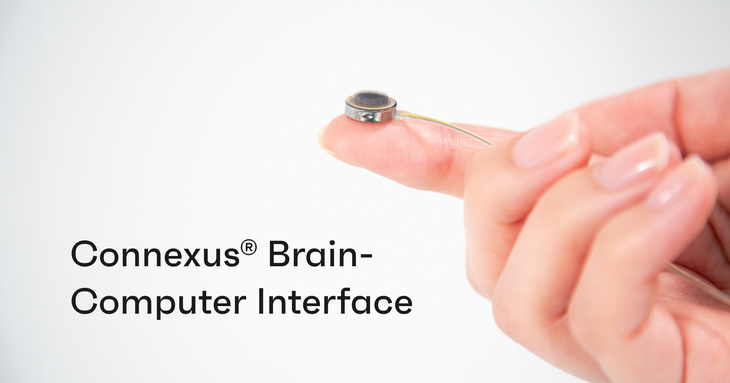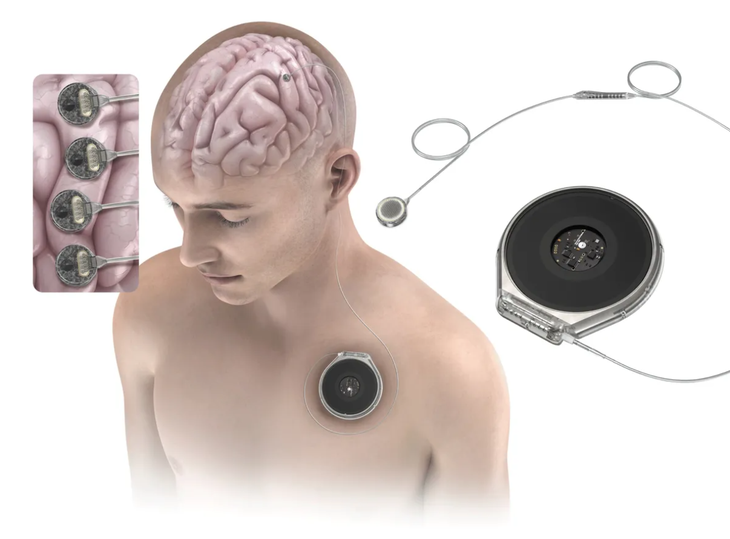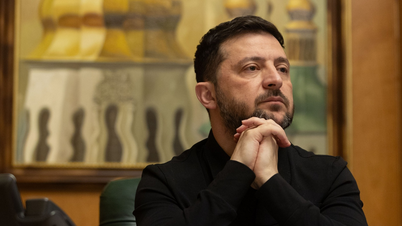
Paradromics' Connexus brain-computer interface - Photo: Paradromics Inc.
According to Bloomberg News, Paradromics Inc. - a brain implant technology company based in Austin (Texas) and considered a formidable competitor of Neuralink - has just been licensed by the US Government to conduct clinical trials of implanting chips into human brains.
This is considered an important step forward in the journey of commercializing technology to support paralyzed people and people with communication difficulties.
Paradromics is among a handful of companies, along with Neuralink and Synchron Inc., pursuing technology that would allow humans to communicate with computers using only their thoughts.
Although the field is still in its infancy — only a handful of patients worldwide have ever received experimental brain implants, and no devices have been approved for long-term use — many investors believe it could one day be as widespread as smartphones.
Paradromics aims to use the Connexus BCI device to help people who have lost the ability to speak due to stroke, spinal cord injury or ALS (amyotrophic lateral sclerosis). This patient group is estimated to number around 150,000 in the US alone.
In late-stage ALS patients, even though they cannot move or articulate clearly, the brain region that controls speech is still active. Research shows that by implanting a device in this area, the system can "decode" what they want to say.
Paradromics has previously successfully tested the device on dozens of sheep. Earlier this year, the company conducted its first human tests by placing a small chip on the surface of the brain of a patient undergoing epilepsy surgery.
"The first human clinical trial will be a major milestone. Most people only believe when they see results on real patients," said CEO Matt Angle.

Illustration of Paradromics' Connexus brain-computer interface on a patient - Photo: Paradromics Inc.
Angle added that the company plans to start trials in the first quarter of 2026 with two patients who have severe motor or speech impairments. The implant will allow them to “think words” and the system will display them on a screen or translate them into a synthesized voice.
While the primary goal of the first phase of testing is to assess safety, the team will also monitor metrics such as the rate at which correct words are produced per minute and the level of improvement before and after implantation.
Mr Angle said that currently these patients communicate mainly through eye movements - a slow and limited method, enough only to express minimal needs such as pain, thirst or discomfort. "The ability to communicate by voice, even through a computer, will completely change the way they interact with their families," he stressed.
If the initial phase does not present significant risks, the number of volunteers will be expanded to about 10 people. After collecting enough data, Paradromics will conduct larger-scale trials with a view to applying for commercial licensing.
Source: https://tuoitre.vn/doi-thu-cua-neuralink-duoc-thu-nghiem-cay-chip-vao-nao-nguoi-2025112510153944.htm











































































































Comment (0)